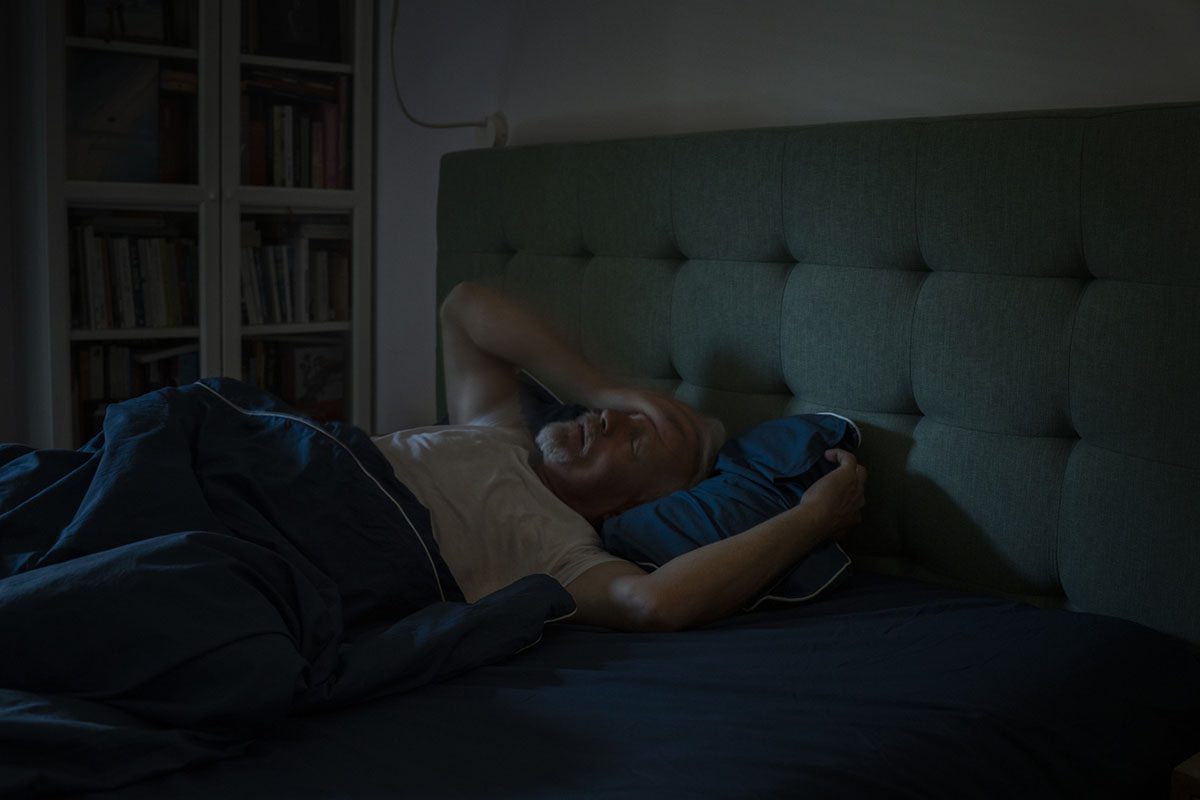Objective: To examine the cross-sectional and longitudinal associations between sleep disturbance and posttraumatic stress disorder (PTSD) and depressive symptoms in a large cohort of adolescents exposed to the 2008 Wenchuan earthquake in China.
Methods: Participants were 1,573 adolescents (mean age at initial survey = 15.0 years, SD = 1.3 years; 46% male) in the Wenchuan Earthquake Adolescent Health Cohort (WEAHC) in Dujiangyan, China, 20 km away from the east epicenter. The Pittsburgh Sleep Quality Index, Post-Traumatic Stress Disorder Self-Rating Scale, and Depression Self-Rating Scale for Children were used to assess participants’ sleep, PTSD symptoms, and depressive symptoms, respectively, at 12 months (T12m) and 24 months (T24m) after the Wenchuan earthquake that occurred on May 12, 2008.
Results: At T12m and T24m, 38.3% and 37.5% of participants reported sleep disturbance, 22.5% and 14.0% reported PTSD symptoms, and 41.0% and 38.3% reported depressive symptoms, respectively. The prevalence rates of PTSD and depressive symptoms at T12m and T24m significantly increased with sleep disturbance and short sleep duration. After adjusting for demographics, earthquake exposure, and PTSD/depressive symptoms at T12m, sleep disturbance at T12m was significantly associated with increased risk for PTSD (odds ratio [OR] = 1.80; 95% CI, 1.17-2.75) and depressive symptoms (OR = 1.51; 95% CI, 1.14-2.02) at T24m. Furthermore, sleep disturbance predicted the persistence of PTSD (OR = 2.35; 95% CI, 1.43-3.85) and depressive symptoms (OR = 2.41; 95% CI, 1.80-3.24).
Conclusions: Sleep disturbance, PTSD, and depressive symptoms were prevalent and persistent in adolescents at 12 and 24 months after exposure to the Wenchuan earthquake. Sleep disturbance predicts the development and persistence of PTSD and depressive symptoms. Early assessment and treatment of sleep disturbance may be an important strategy for prevention and intervention of PTSD and depression in adolescent trauma survivors.
Members Only Content
This full article is available exclusively to Professional tier members. Subscribe now to unlock the HTML version and gain unlimited access to our entire library plus all PDFs. If you're already a subscriber, please log in below to continue reading.
Please sign in or purchase this PDF for $40.00.
Already a member? Login





